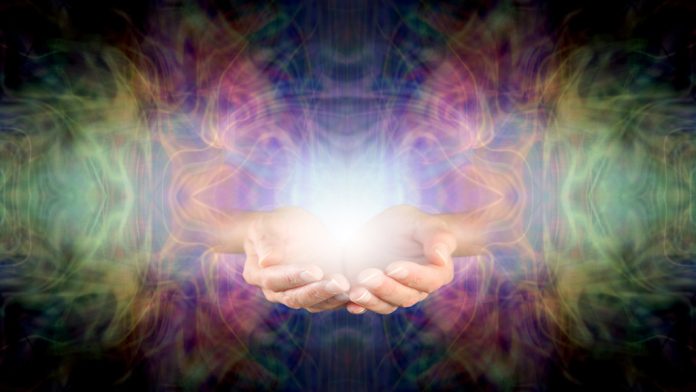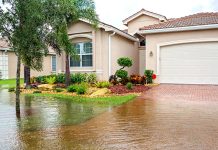Energy healing courses provide individuals with the opportunity to learn about and practice various healing techniques that promote physical, emotional, and spiritual well-being. As holistic health gains popularity, many are drawn to the transformative power of energy healing. This article explores the types of energy healing courses available, the benefits of enrolling in these programs, and how to choose the right course for your personal or professional growth.
Understanding Energy Healing
Energy healing is based on the premise that the human body has an energy field that influences physical health and emotional states. Practitioners aim to balance and restore this energy to support healing. Common modalities include:
- Reiki: A Japanese technique that involves channeling energy to promote relaxation and healing.
- Pranic Healing: A no-touch healing method that cleanses and energizes the body’s energy field.
- Chakra Healing: Techniques that focus on balancing the body’s seven energy centers (chakras) to improve overall well-being.
- Quantum Healing: Integrating principles of quantum physics with energy healing to facilitate personal transformation.
Benefits of Energy Healing Courses
Enrolling in energy healing courses offers numerous advantages for individuals seeking to deepen their understanding of energy practices or pursue a career in healing. Here are some benefits:
- Comprehensive Knowledge: Courses provide foundational knowledge about energy systems, healing techniques, and the philosophy behind various modalities.
- Practical Experience: Students engage in hands-on practice to develop their skills, ensuring they can confidently apply what they learn in real-world situations.
- Personal Development: Learning energy healing techniques can promote personal growth, self-awareness, and improved emotional health.
- Professional Opportunities: Completing an energy healing course can lead to certification, allowing individuals to practice professionally or incorporate energy healing into existing wellness practices.
What to Expect from Energy Healing Courses
When you enroll in an energy healing course, you can anticipate a structured curriculum that typically includes:
1. Course Structure
Courses often consist of a blend of theoretical knowledge and practical application, including:
- Lectures: Instruction on the principles and history of energy healing, including various techniques and their benefits.
- Interactive Workshops: Opportunities to practice healing techniques with peers, fostering collaboration and feedback.
- Assignments and Assessments: Evaluations to reinforce learning and ensure comprehension of the material.
2. Resources and Materials
Students typically gain access to a range of educational resources, such as:
- Reading Materials: Books, articles, and research papers that deepen understanding of energy healing concepts.
- Guided Meditations: Audio or video recordings to facilitate meditation and connection with energy.
3. Certification Options
Many courses offer certification upon completion, validating your skills and knowledge as an energy healer. This certification can enhance your credibility and provide a competitive edge in the wellness industry.
How to Choose the Right Energy Healing Course
Selecting the right energy healing course is crucial to your learning experience. Consider the following factors:
1. Accreditation and Reputation
Look for courses that are accredited by recognized organizations in the holistic health field. Research the reputation of the program and the instructors to ensure quality education.
2. Curriculum Content
Review the curriculum to ensure it covers essential topics and techniques relevant to energy healing. Ensure that the course aligns with your interests and goals.
3. Instructor Qualifications
Investigate the qualifications and experience of the instructors. Experienced teachers can provide valuable insights and mentorship, enhancing your learning experience.
4. Learning Format
Consider the format of the course (online, in-person, or hybrid) and choose one that fits your learning style and schedule. Ensure the course materials are easily accessible for future reference.
5. Cost and Payment Plans
Compare the costs of different courses and consider your budget. Look for programs that offer flexible payment plans or financial assistance options.
Tips for Success in Energy Healing Courses
To maximize your experience in energy healing courses, keep these tips in mind:
- Set Clear Goals: Define what you want to achieve through your energy healing education and stay focused on your objectives.
- Engage Actively: Participate in discussions, workshops, and practice sessions to deepen your understanding and build connections with peers.
- Practice Regularly: Consistent practice is essential for mastering energy healing techniques. Find opportunities to apply what you’ve learned in real-life situations.
- Stay Open to Learning: Embrace the journey and remain open to new insights and experiences as you explore energy healing.
Conclusion
Energy healing courses provide a pathway to explore the profound world of holistic healing, empowering individuals to improve their own well-being or the well-being of others. By choosing the right course and fully engaging in the learning process, you can unlock the transformative potential of energy healing. Whether for personal growth or a new career, the journey into energy healing offers valuable insights and tools for a healthier, more balanced life.







